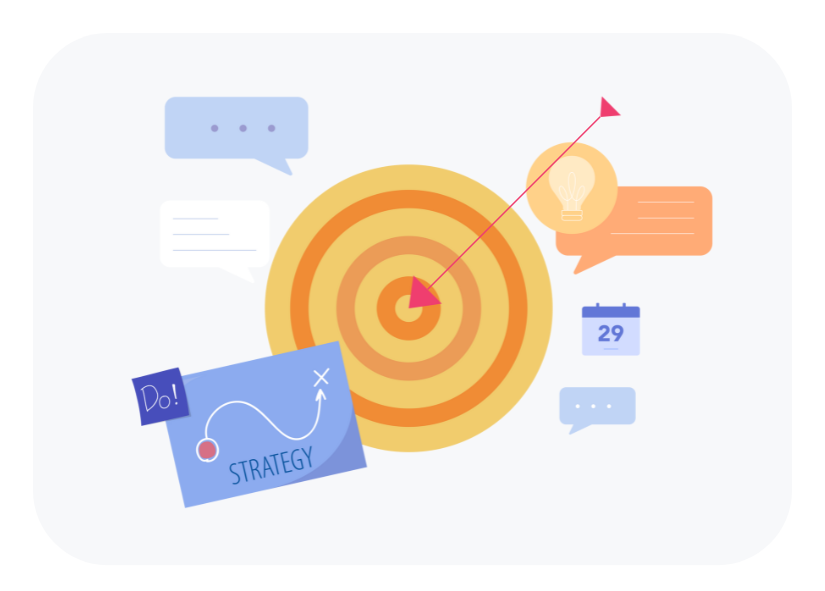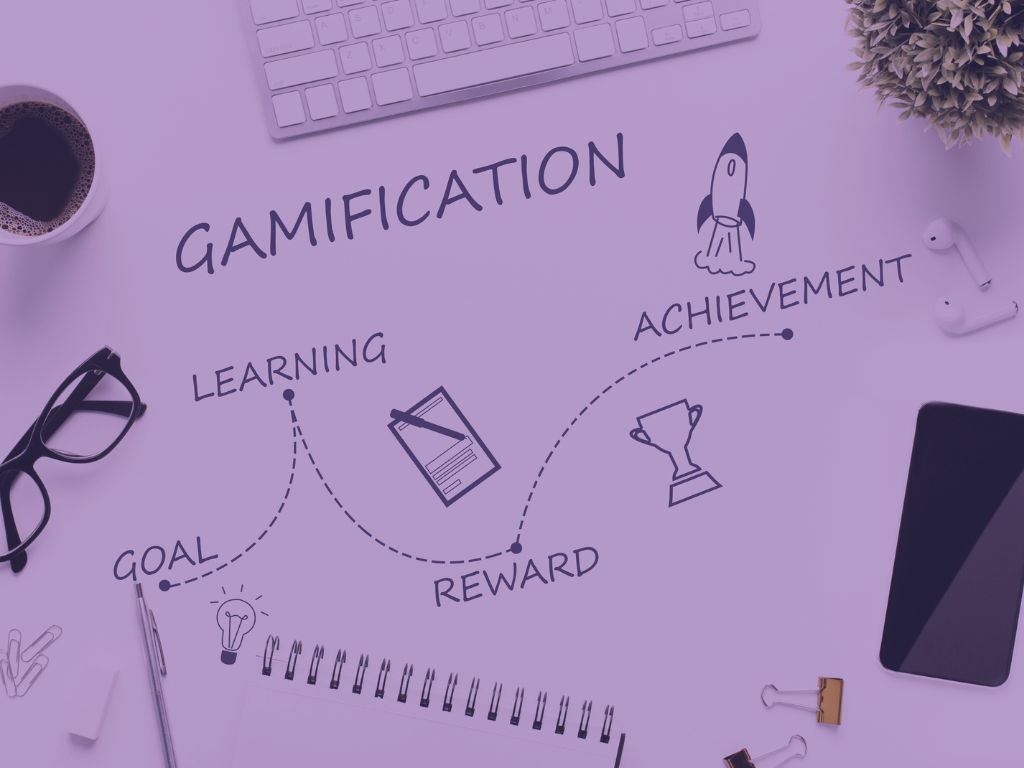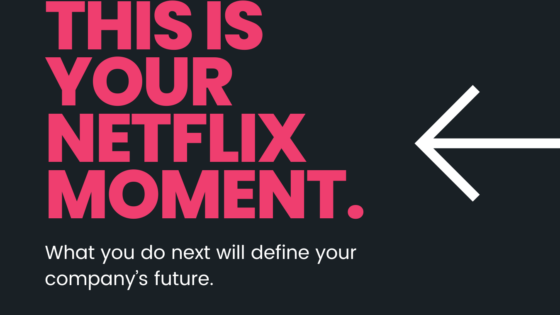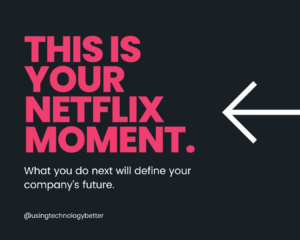As we navigate the digital era, one common challenge that educators often face is keeping students engaged in the classroom. Gamification, or the process of applying game principles in learning, offers a promising solution to this issue. This blog post aims to tackle four major problems teachers encounter in a traditional classroom setting, and how gamification can serve as a practical and effective solution to each.
Problem 1: Lack of Motivation in Learning
Gamification enhances motivation by providing students with immediate feedback, such as points, badges, or levels, that signify their learning progress. Teachers can implement a reward system using platforms like ClassDojo or Edmodo where students earn points for mastering a concept, contributing in class, or exhibiting good behaviour.
Problem 2: Difficulty in Engaging with Abstract Concepts
Gamification can help students understand abstract concepts by making them more concrete and interactive through educational games. Use online educational games such as Minecraft: Education Edition or DragonBox that promote understanding of complex concepts in a fun, engaging manner.
Problem 3: Lack of Student Collaboration
Gamification promotes teamwork and collaboration through the use of competitive games or project-based learning scenarios. Teachers can organize educational competitions using tools like Kahoot! Quizlet Live, or Curipod that require students to work together, fostering a sense of community and collective responsibility.
Problem 4: Limited Application of Learning to Real-Life Scenarios
Gamification allows for the application of theoretical knowledge to practical, real-life situations through role-playing games. Implement role-playing scenarios in your classroom that correlate with your curriculum. For instance, in a history lesson, students could play the roles of historical figures to gain a better understanding of historical events and their implications.
Gamification, while a relatively new concept in the field of education, offers substantial benefits in tackling common classroom challenges. As educators in the 21st century, our goal is not merely to distribute information but to ensure that learning is an engaging, motivating, and rewarding experience for all students. The solutions and tips provided in this blog serve as a starting point for teachers to explore the potential of gamification in their own classrooms. Get in touch with one of the Using Technology Better trainers and we can tailor a program that will be an innovative approach and transform the way your students learn, one game at a time.

















